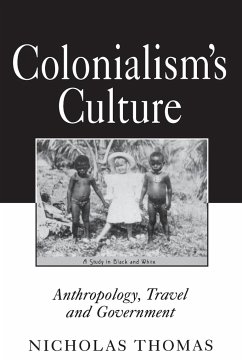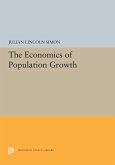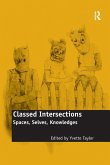In a wide-ranging account of the development of ideas about human difference, Nicholas Thomas challenges reigning theories that portray colonialism as monolithic in character, purpose, and efficacy throughout the world. Taking issue with such writers as Edward Said, Homi Bhabha, and Gayatri Spivak, Thomas describes colonialism not so much as a discourse but a project--a project in which the interactions among colonizing and colonized people are far more variable and reveal greater ambivalence than generally imagined. In addition to his review of current literature in cultural studies, the author provides extended reflections on photographs, colonial novels, exhibits of indigenous art, ethnographic films, and recent Hollywood films in order to reveal how deep and pervasive is colonialism's culture for colonizer and colonized. Thomas proposes that historicized, ethnographic explorations of the colonial experience are the most fruitful approaches to understanding colonialism's continued effects. He draws on travel, anthropology, and government as vehicles that gave nineteenth-and early twentieth-century Europeans exposure to colonized populations and provided a language through which to discuss them. The author reveals colonialism to be a complex ongoing cultural process--one in which dominated populations are represented in ways that play upon and legitimize racial and cultural differences. A provocative book for specialists, Colonialism's Culture can also serve as a stimulating introduction for students across the social sciences and humanities interested in this multifaceted field of inquiry.
Hinweis: Dieser Artikel kann nur an eine deutsche Lieferadresse ausgeliefert werden.
Hinweis: Dieser Artikel kann nur an eine deutsche Lieferadresse ausgeliefert werden.








